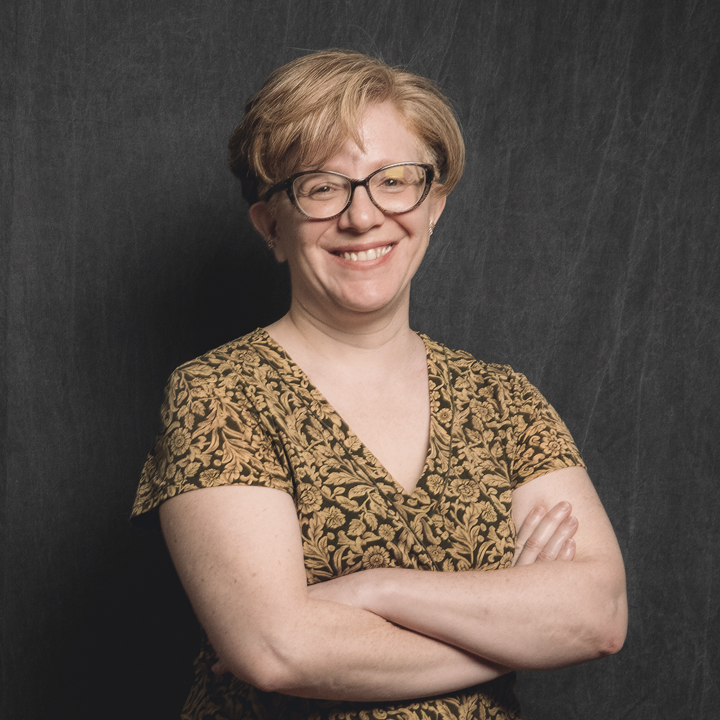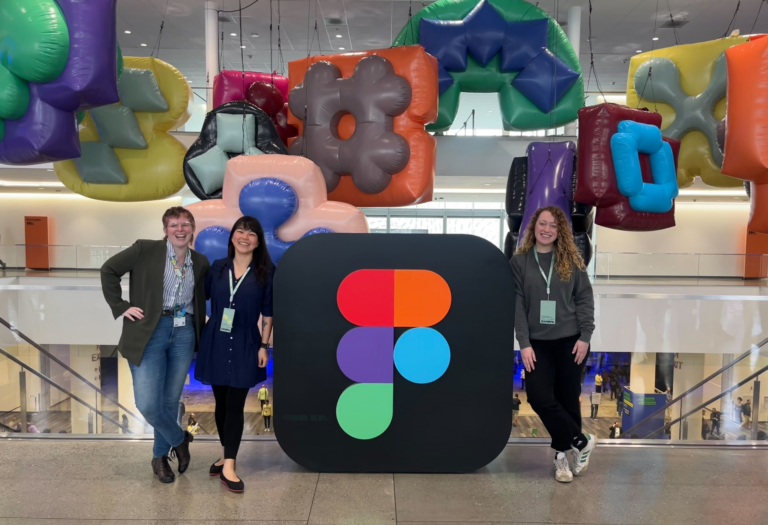Great Conference Experiences: The Lead Developer Conference
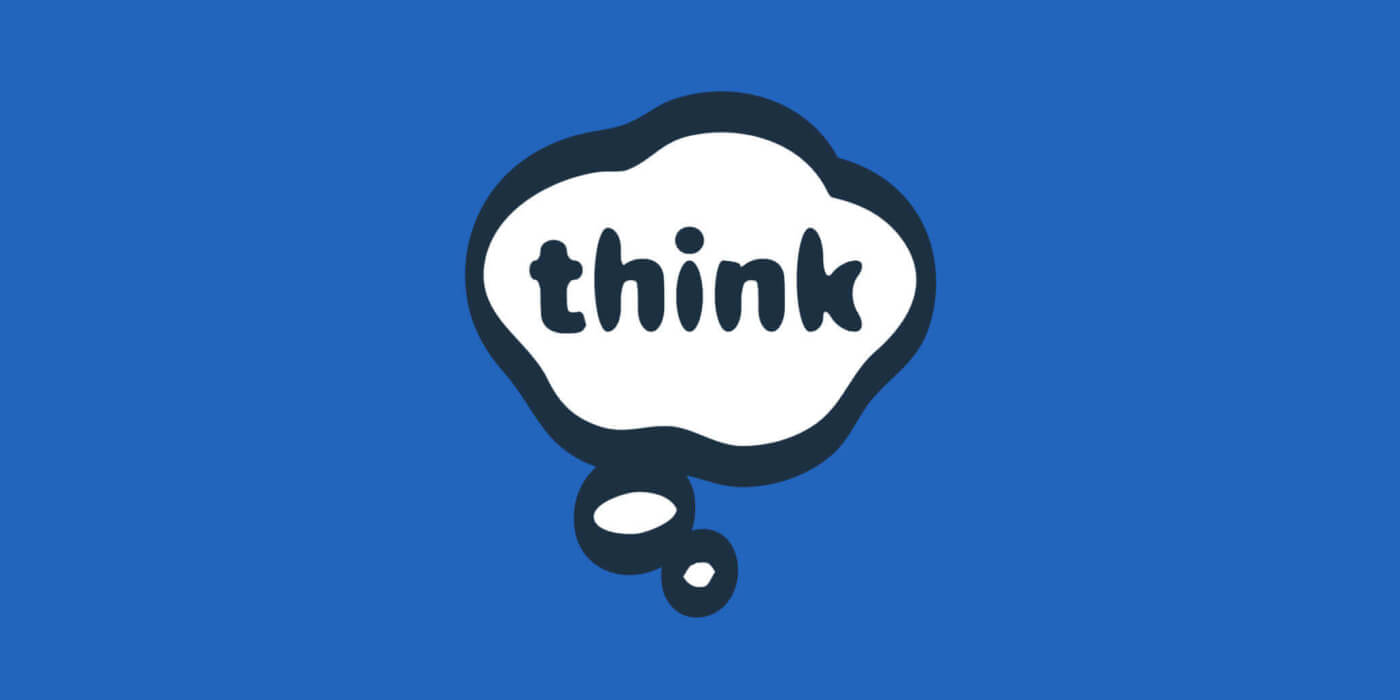
Earlier this year, Chris, Greg, TJ and I attended the Lead Developer Conference in New York.
This conference surprised and impressed me in many ways—so many that now, months later, I’m still both processing what I learned and feeling the positive energy I found there.
The Conference Experience
A conference, in my view, is a necessary evil. Like airlines and ISPs, conferences are both the conduit to what I really want, and the obstacle to be cleared before I can get it.
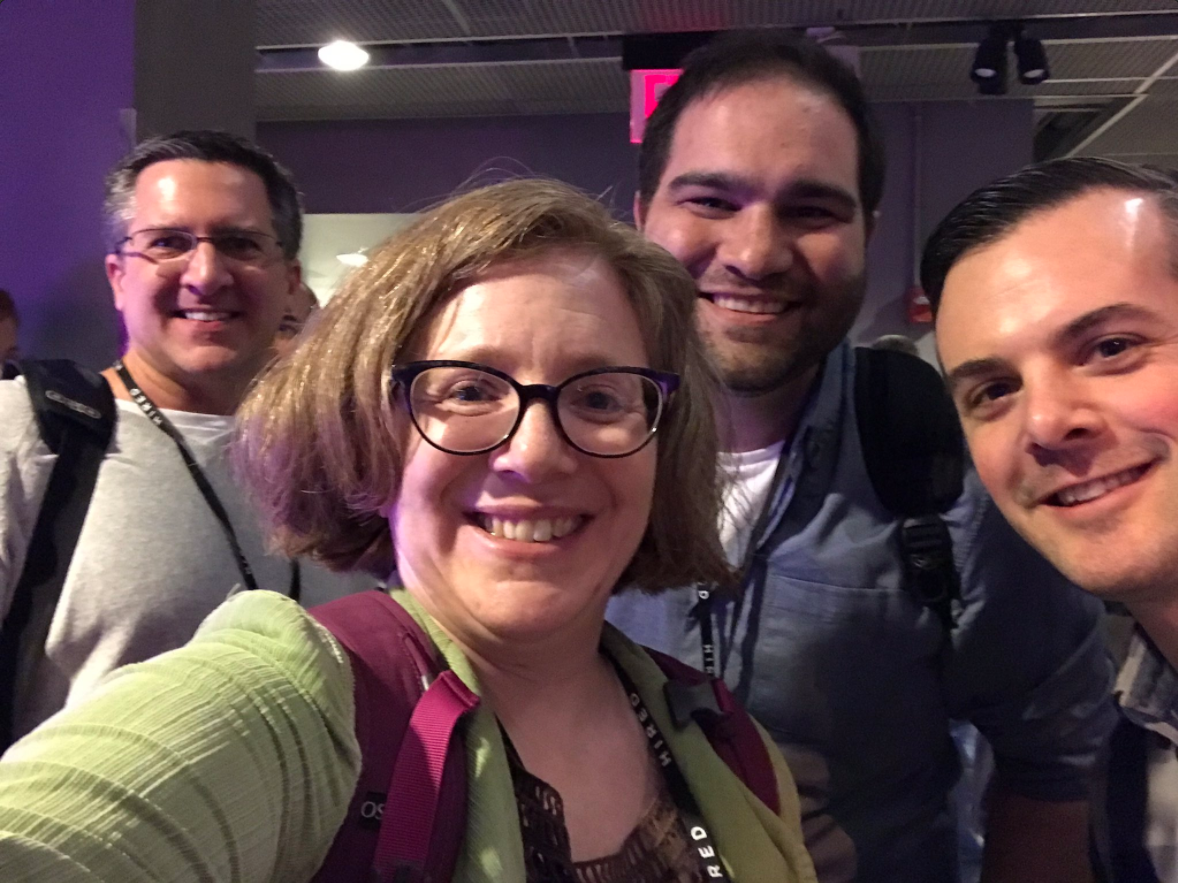 What I really want is to learn something new and meet people who do what I do and can share their knowledge and experience, thereby renewing my interest and excitement and making me better at my work.
What I really want is to learn something new and meet people who do what I do and can share their knowledge and experience, thereby renewing my interest and excitement and making me better at my work.
For me, a conference is not so much one obstacle as a series of hurdles. The travel; the crowd of strangers with surprise acquaintances to recognize; the unfamiliar setting (where can I put my things? what’s the wifi password? where’s the coffee?); the junk food; the swag bag. Once I navigate these hurdles, I’m generally able to learn at least something and meet at least someone and feel that it was nominally worth the trouble.
A high hurdle for me is the wide matrix of speeches, demos, and workshops from which to choose and for which to compete for seats. The conference organizers cleared this hurdle for me by offering a single track of speakers and demos—unexpected freedom from the mental energy of choosing from a multi-track schedule.
As a middle-aged woman at a technical conference, I face the additional hurdle of feeling simultaneously invisible and conspicuous as one male speaker after another addresses the mostly male, mostly young crowd in their own vernacular with their own in-jokes. Again, this conference was refreshingly different. The talks were delivered by a diverse group of highly experienced women and men who inclusively and generously shared deep insights on topics directly relating to the work we do every day.
At the Lead Developer Conference, I saw an example of how changing the experience—removing the obstacles—can lead to a higher level of success and satisfaction.
What We Learned
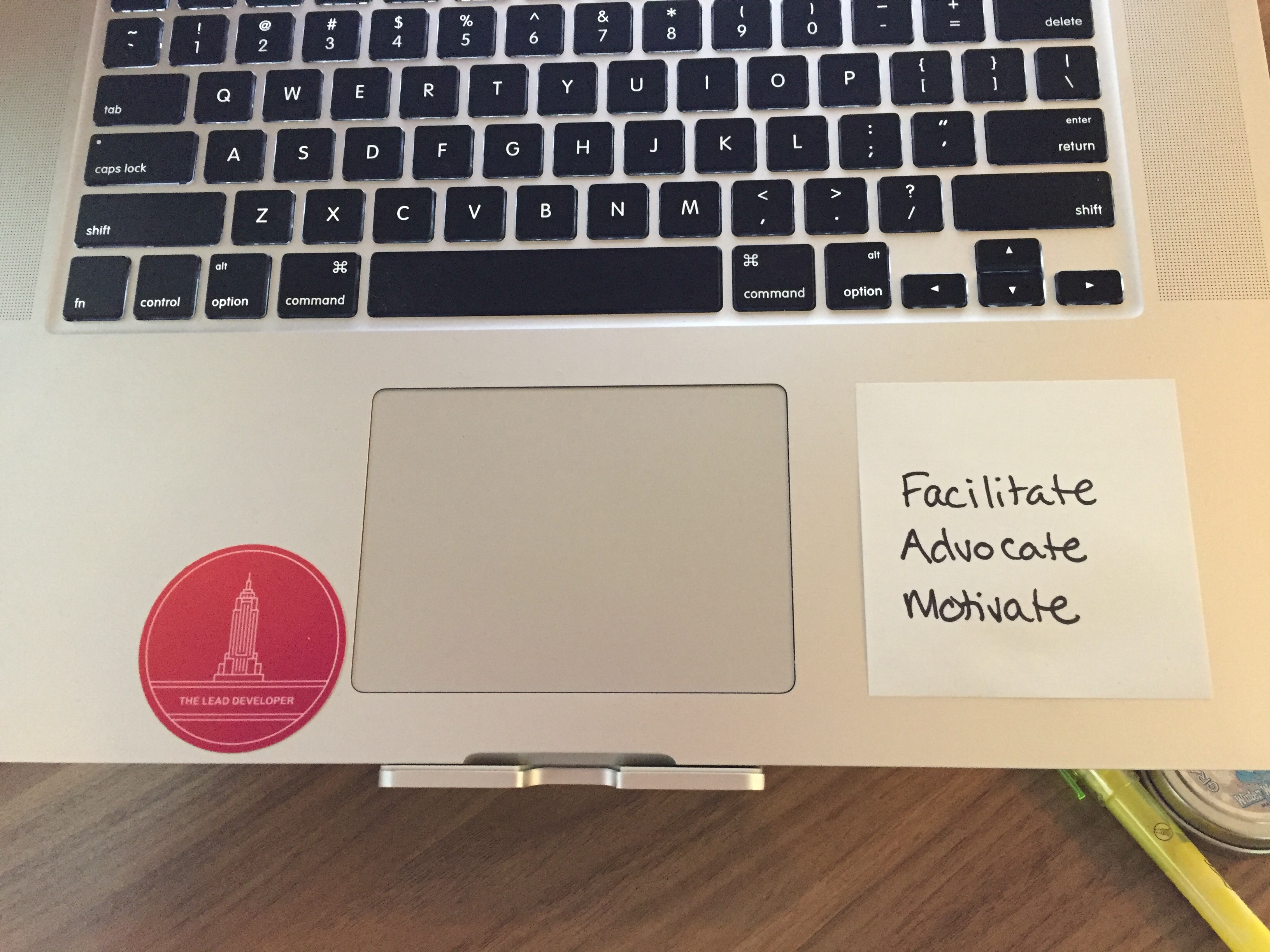 Many of us got into development because we enjoy writing code: solving puzzles, creating order from chaos, and making things work. As we grow in skill and experience, we take on leadership responsibilities: leading development teams, mentoring and managing developers, and solving complex organizational problems. Many of the talks touched on the hard transition from the hands-on immediacy of a developer to the less tangible work of the Lead. Eryn O’Neil clarified our role by discussing what it means to “own the technical vision” and facilitate the work of, advocate for, and motivate our teams. I found myself immediately using this talk as a rubric for prioritizing and evaluating my own work.
Many of us got into development because we enjoy writing code: solving puzzles, creating order from chaos, and making things work. As we grow in skill and experience, we take on leadership responsibilities: leading development teams, mentoring and managing developers, and solving complex organizational problems. Many of the talks touched on the hard transition from the hands-on immediacy of a developer to the less tangible work of the Lead. Eryn O’Neil clarified our role by discussing what it means to “own the technical vision” and facilitate the work of, advocate for, and motivate our teams. I found myself immediately using this talk as a rubric for prioritizing and evaluating my own work.
Rebecca Murphey spoke to our greatest challenges by sharing what she learned in the first year leading a large organizational change. This spoke to us particularly because Think Company is very often called on to navigate or facilitate change, such as when we help large organizations untangle seemingly intractable technical debt. Much of her advice we already knew to be spot on—and I left with new tips to try. One tip that I took to heart was “know your lines”: always be ready to give spontaneous presentations on the change I’m trying to drive.
Chris was especially interested in team culture, so Camille Fournier’s talk on scaling teams stuck with him. She spoke of intentionally building a culture of trust and curiosity rather than fear and conflict. She spoke of people’s inherent need to feel connected to one another. As any team gets bigger, the lead needs to keep a close eye on the team members’ sense of belonging. As Lead Developers, we also need to keep in mind that developers need to ship. We make development teams bigger to get more work done, but without careful management, adding developers can cause work to slow—leading to dissatisfaction.
Greg was struck by the common threads that connected many of the talks: our roles of removing roadblocks and bottlenecks, streamlining processes, prioritizing, and managing scope—while at the same time, always remembering that we’re leading people, with needs both simple and complex, individual and collective.
TJ found it easy to relate to Rafael Lopez Diez’s story. He spoke about overcoming workaholism and struggling to see the signs of burnout until it was too late. “As someone who has a really difficult time switching their brain out of work mode,” TJ explained, “I try and sometimes fail to prevent that from bleeding into valuable family time.” Diez’s story was powerful, and his guide for identifying workaholic behaviors in others was crystal clear.
All of us, along with seemingly everyone in the audience, felt motivated and empowered by Anjuan Simmons’ talk, “Lending Privilege,” which addressed topics of diversity and inclusion. He explained clearly and gently how each of us may benefit from some privilege while at the same time face the obstacles of not having another. He also offered concrete ways to share privilege with those who need it. For instance, if my privilege influences people to ask my advice and ignore my colleague’s, I can influence them to consult my colleague, or invite him or her to present.
Like UX designers, we Lead Developers shape human experience. We can significantly affect the quality of life of our teams, our clients, and the people who use the experiences our teams build. The Lead Developer conference empowered us to shape those experiences for the better.
